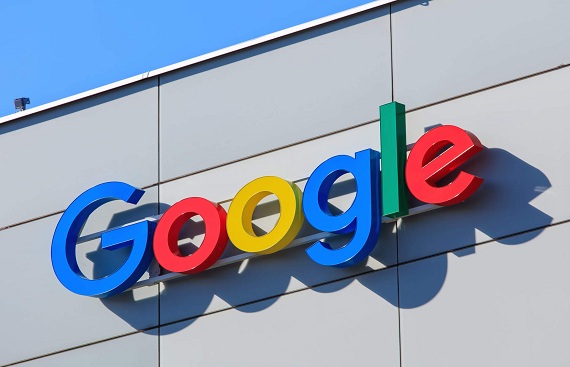Face-off between Google & CCI: All you need to know about Rs 1338 cr penalty on Google

The Competition Commission of India (CCI) handed Google two significant fines over the past two weeks, but more importantly, it recommended behavioral remedies that will fundamentally alter how Android and the Play Store operate. Throughout the investigations, CCI and Google both presented compelling arguments that established standards for upcoming antitrust actions involving technology.
In 2019, the CCI ordered a probe into Google's unfair business practices in response to customer complaints regarding smartphones running the Android operating system.
The Mobile Application Distribution Agreement (MADA) and the Anti-Fragmentation Agreement, two contracts between Google and the Original Equipment Manufacturers (OEMs) of the Android OS, served as the foundation for the accusations against Google (AFA).
![]()
Due to the required pre-installation of the whole Google Mobile Suite (GMS) under MADA and the lack of an uninstall option, the CCI claimed that Google had violated competition law.
GMS is a set of Google programs and Application Programming Interfaces (APIs) that aid in facilitating functioning across many platforms. Google's flagship products, such as Google Search, Google Chrome, YouTube, Play Store, and Google Maps, are all included in GMS.
The imposition of unfair conditions on the device manufacturers by Google amounted to a violation of Section 4 of the Competition Act. Abuse of a dominant position is covered by Section 4 of the Competition Act.
One of the main reasons that CCI has been able to establish dominance and subsequently abuse dominance is because it considers Android and iOS as two different relevant markets. Google had strongly objected to this and had repeatedly claimed that the iOS and the App Store are both strong competitors to Android and Play Store. However, to concur with the CCI on this for the following reasons:
Due to its control over the Android operating system and other licenses, Google has an advantage over its rivals in that it can pre-install the Chrome browser and other popular search entry points on Android devices. Additionally, Google held a considerable competitive advantage over its other revenue-generating apps on Android smartphones, such as YouTube.
![]()
Google limits app developers' ability to distribute their apps by side-loading or making them available outside of the Google Play Store. This is crucial because Google has long advised users against side-loading programs and described it as being a security risk.
In-app Digital products, which are a key way for app developers to monetize their inventions, are not made available to users who are making purchases using Google's payment system. Users may not be given a direct link to a website that offers an alternative payment option, and app developers may not use wording that doesn’t encourage users to buy the digital good outside of the app. Additionally, the app creators must adhere to Google's rules on the use of GPBS to submit their apps to the Play Store and obtain access to the sizable pool of potential Android users.
In the Android order, CCI has directed Google to permit the Play Store to list more app stores. not impose any limitations on side loading, such as user warnings. Downloading apps using the APK file outside of app stores is referred to as side-loading. not restrict access to Play Services APIs for Android fork developers
In the Play Store ruling, CCI instructed Google to not impose any limitations on app developers' use of third-party billing for either in-app or app purchases.
![]()
In both these cases Google had argued that allowing the above will pose significant security risks to users. For example, Google cannot guarantee that an app that has been side-loaded is safe for a user or that a third-party app store has sufficient moderation processes in place like Play Store.
In another response to the penalties, Google stated that Indian developers have benefited from the technology, security, consumer protections, and unrivaled choice and flexibility that Android and Google Play provide. And, by keeping costs low, our model has powered India's digital transformation and expanded access for hundreds of millions of Indians. We remain committed to our users and developers and are reviewing the decision to evaluate the next steps.
